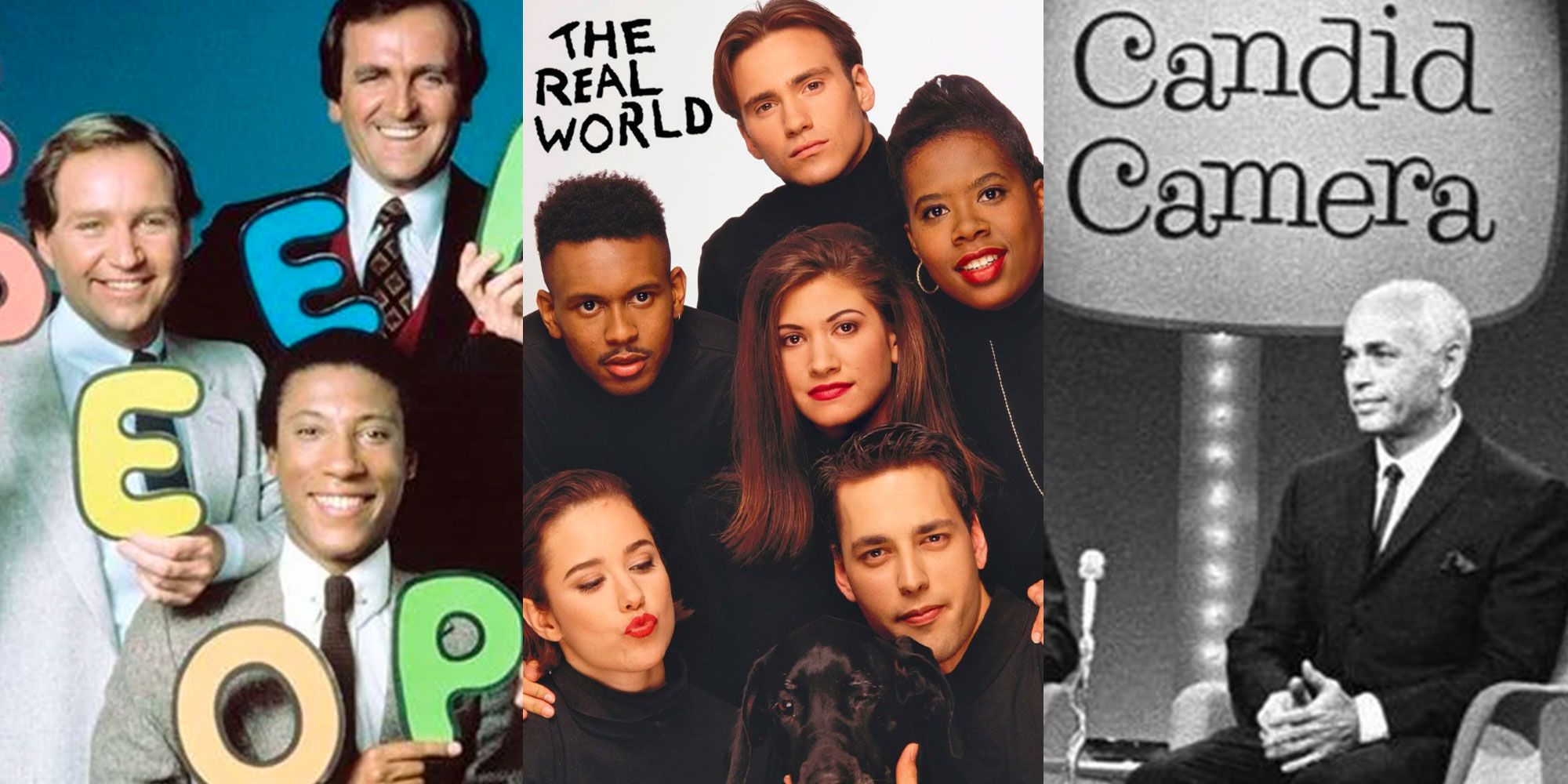CSP Insights
Your go-to source for the latest in news and information.
Reality TV: Love It or Loathe It?
Dive into the world of reality TV! Love it or hate it? Discover why millions are hooked and join the debate!
The Evolution of Reality TV: From Guilty Pleasure to Cultural Phenomenon
The evolution of reality TV has transformed it from a niche genre to a cultural juggernaut. Initially emerging in the late 1990s with shows like Survivor and Big Brother, these programs captivated audiences with their unscripted drama and relatability. As the genre exploded in popularity, networks capitalized on this trend, spawning an array of sub-genres from competition shows to lifestyle documentaries. According to a study by MediaWeek, reality TV's diverse offerings have shaped viewer expectations, making it a staple in modern entertainment.
Over the years, reality TV has infiltrated mainstream culture, influencing fashion, language, and social behavior. Programs like The Real World and Celebrity Rehab have sparked conversations around important social issues, ranging from addiction to relationships. Furthermore, the genre has evolved into a platform for representation, allowing voices from diverse backgrounds to be heard. As highlighted by Vulture, this shift marks a significant turning point, solidifying reality TV's status as a cultural phenomenon that goes beyond mere entertainment.

Love It or Loathe It? The Psychology Behind Our Fascination with Reality TV
The relationship between viewers and reality TV is complex and multi-faceted. Many people love it for its entertainment value, the drama, and the escapism it provides from everyday life. Conversely, reality TV often faces criticism for lacking authenticity and contributing to a skewed perception of reality. According to a Psychology Today article, the psychological appeal of such shows lies in their ability to evoke emotions; they allow us to experience thrills and conflicts vicariously through the participants, reinforcing the idea that we are part of a larger social narrative.
Interestingly, our fascination with reality TV can also be explained by the concept of social comparison. As audiences, we often gauge our lives against those depicted on-screen, whether it be through lavish lifestyles or dramatic conflicts. This phenomenon, referred to as social comparison theory, suggests that people derive self-esteem from these comparisons, leading to both admiration and disdain for the subjects of such shows. As noted by a American Psychological Association report, understanding this underlying psychology can provide insights into our cultural obsession with reality programming.
Reality TV Ratings: Why Do We Keep Watching?
Reality TV ratings have soared over the years, capturing the attention of millions. But the question remains: why do we keep watching? A significant factor is the relatability of the participants and the authenticity of unscripted drama. Viewers often feel a connection to the cast, who reflect varied walks of life and experiences. This connection fosters a sense of involvement, as viewers invest emotionally in the journeys of these individuals.
Additionally, the format of reality television is inherently engaging, offering a continuous feed of entertainment that keeps audiences on the edge of their seats. Shows often incorporate twists and turns that challenge contestants and captivate viewers. The sense of unpredictability creates an addictive experience, prompting fans to tune in week after week. Not surprisingly, statistics show a significant rise in viewership among diverse demographics, proving that the allure of reality TV is, indeed, a common thread across many audiences.